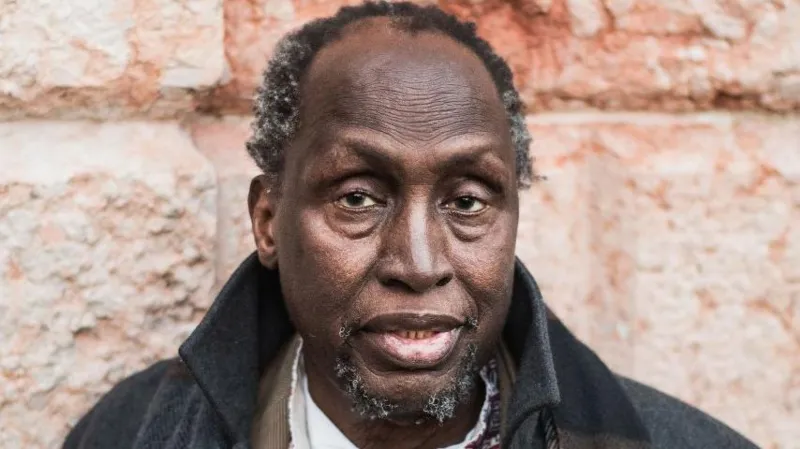Kenyan literary giant Ngũgĩ wa Thiong’o has passed away at the age of 87.
His daughter, Wanjiku wa Ngugi, confirmed the news in a Facebook post on Wednesday.
“It is with a heavy heart that we announce the passing of our dad, Ngũgĩ wa Thiong’o this Wednesday morning, 28th May 2025. He lived a full life, and fought a good fight. As was his last wish, let’s celebrate his life and work. Rîa ratha na rîa thŭa. Tŭrî aira!” she wrote.
She added that further details regarding his celebration of life would be announced by the family’s spokesperson, Nducu Wa Ngugi.
Born in 1938 as James Thiong’o Ngũgĩ, he grew up in the town of Limuru during British colonial rule in Kenya. Raised in a large, working-class family, Ngũgĩ witnessed the social and political upheavals that later shaped his literary voice.
ALSO READ
Ngũgĩ’s works trace Kenya’s journey from colonialism to self-rule, often focusing on the struggles of ordinary people. His bold criticism of government repression led to his detention without trial in 1977.
Following his release, Ngũgĩ went into self-imposed exile, continuing his writing and academic work abroad while maintaining a strong voice against injustice.
Some of his most acclaimed literary works include:
- Weep Not, Child (1964) — the first English-language novel by a Kenyan author.
- The River Between (1965) — a story exploring the clash between tradition and change.
- A Grain of Wheat (1967) — a powerful narrative centered around Kenya’s fight for independence.
- Petals of Blood (1977) — a searing critique of post-independence corruption.
- Devil on the Cross (1980) — originally written in Kikuyu as an act of cultural and political resistance.
Ngũgĩ wa Thiong’o leaves behind a legacy of fearless storytelling and cultural pride that reshaped African literature and inspired generations across the continent and beyond.
